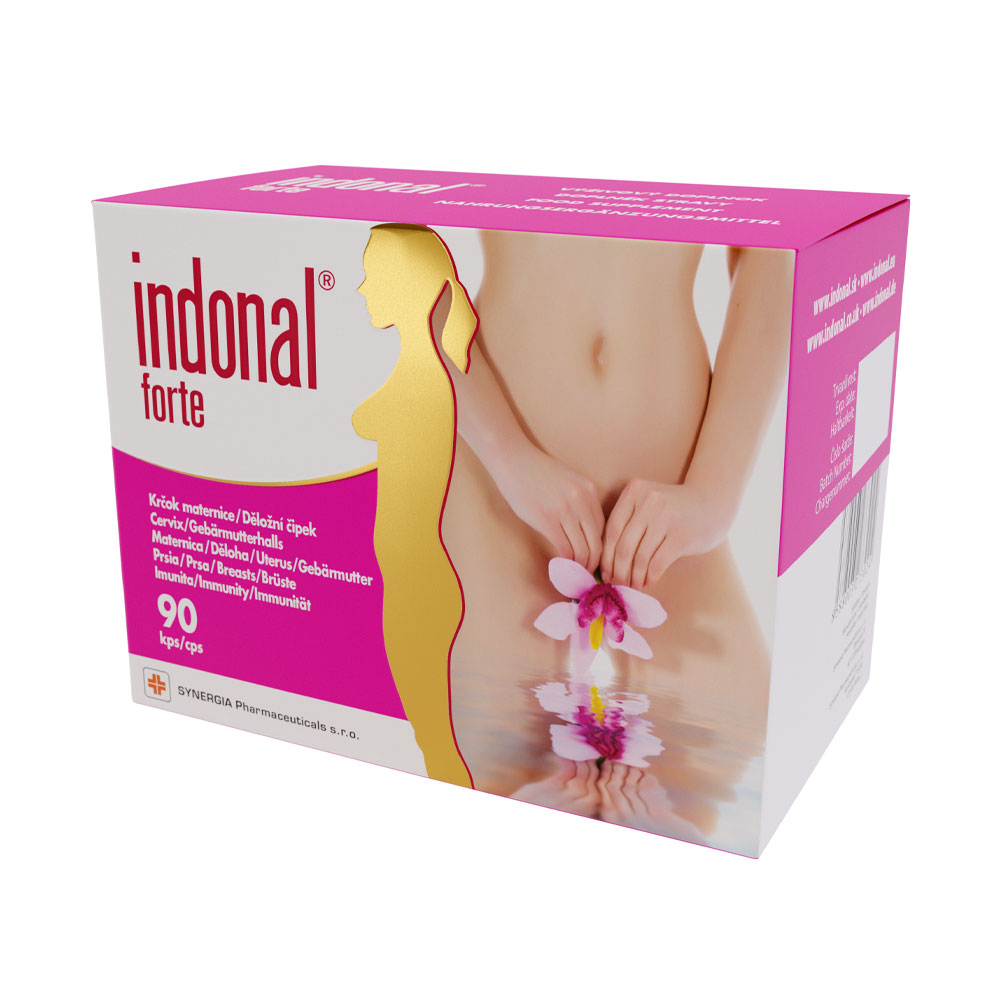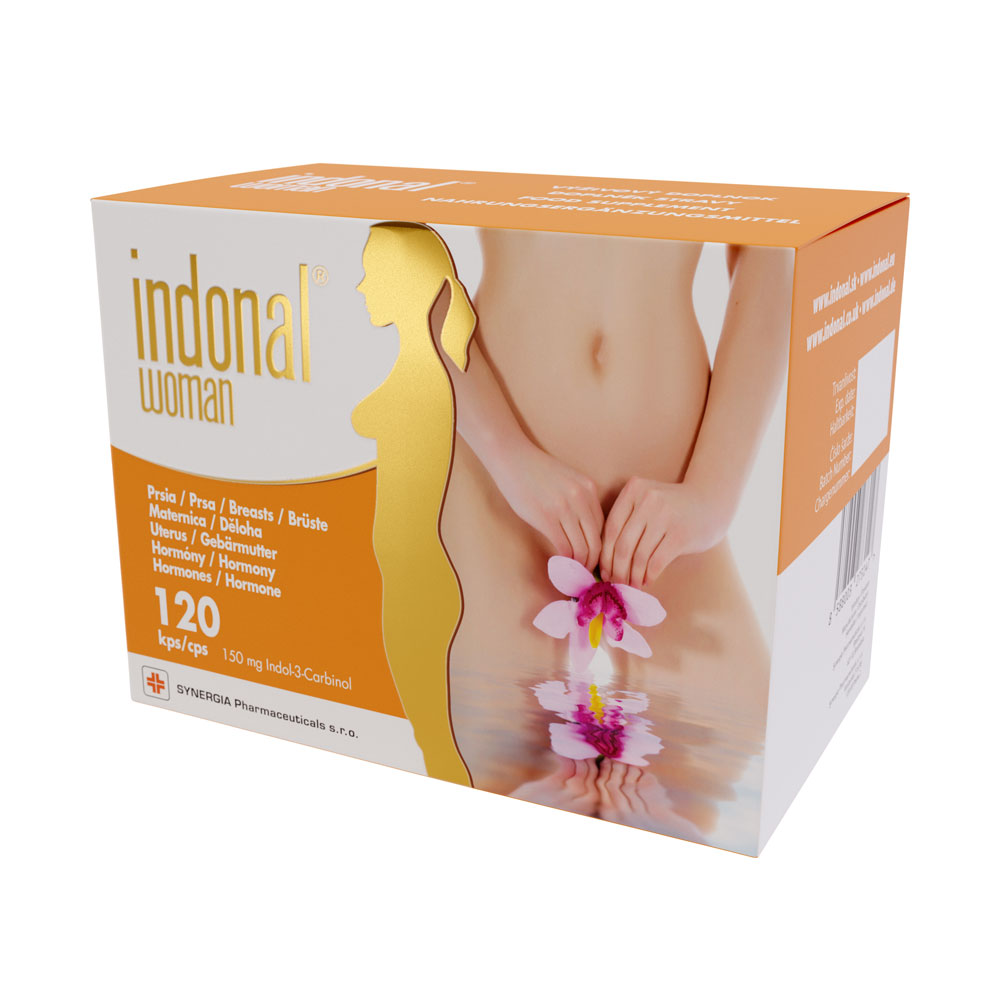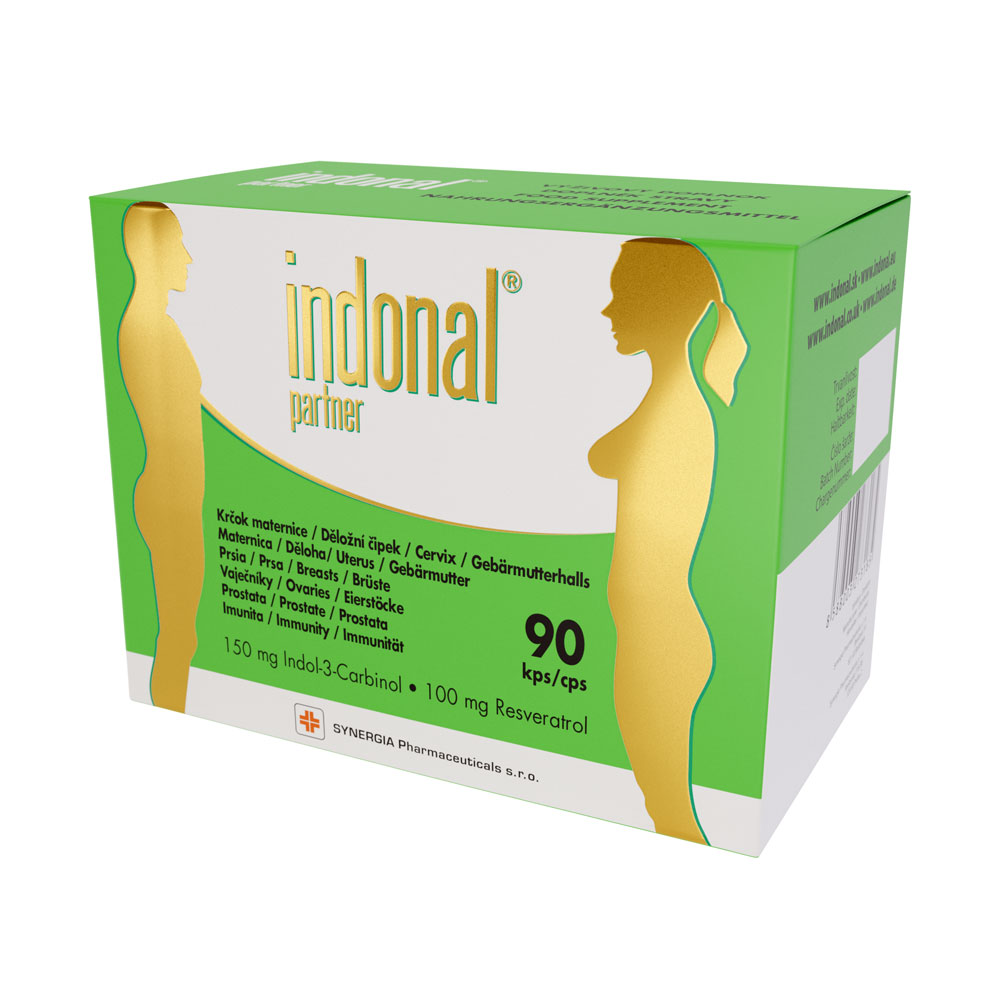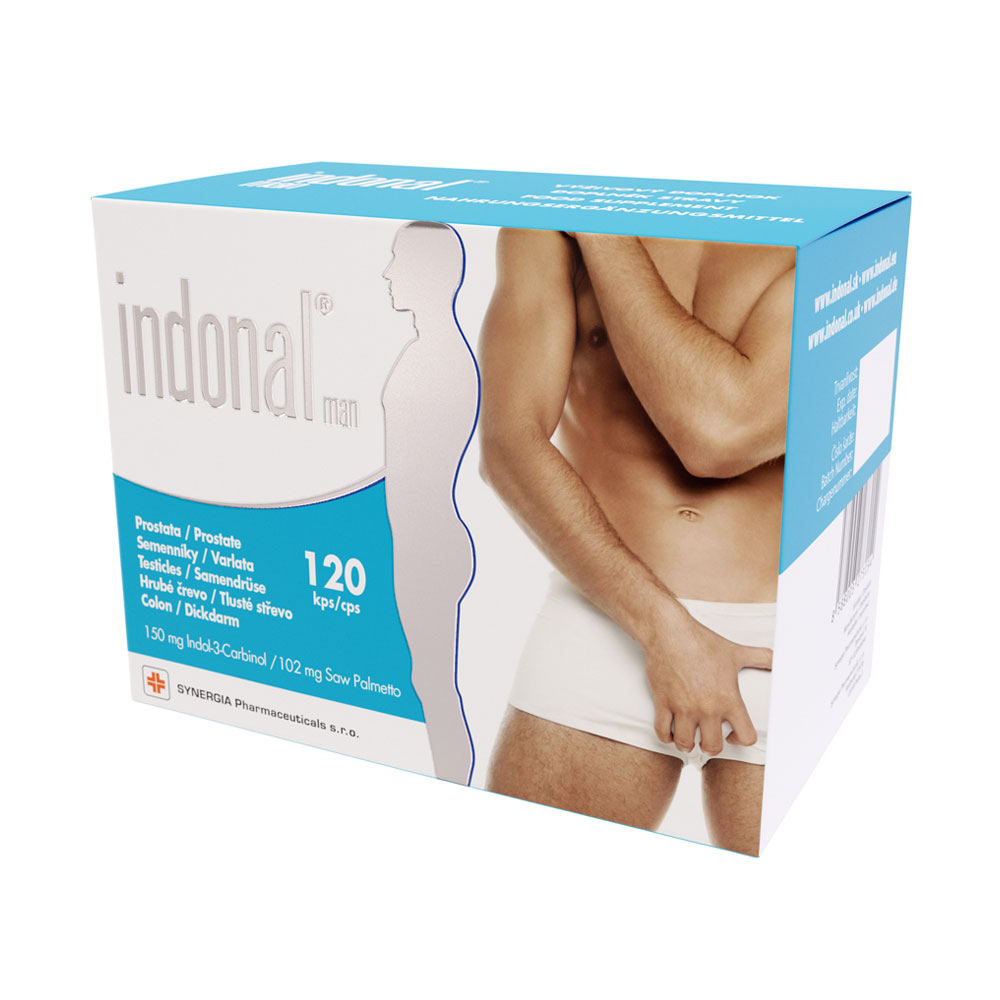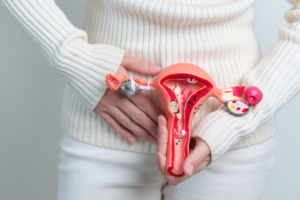Herbal therapy for BPH addresses an enlarged prostate, a very unpleasant disease associated with a number of symptoms. It’s reported that approximately 50% of men over the age of 50 and up to 75% over the age of 80 suffer from BPH symptoms. The most common symptoms include the urge to urinate, intermittent urination, a weak stream of urine, a feeling of incomplete emptying of the bladder, and other irritating symptoms such as frequent and urgent urination during the day and nocturia.
Serenoa repens, also known as Saw Palmetto, is a palm tree native to the southeastern part of the USA. It produces orange to black dried ripe fruits. Extracts from this plant are among the most widely used herbal remedies for the symptomatic treatment of urinary disorders (dysuria, pollakisuria, nocturia, urinary retention) in benign prostatic hyperplasia.
On what principle does it work?
Several mechanisms of action have been described, including antiandrogen and antiestrogenic and growth factor inhibition. The most probable is the antiandrogenic effect, which consists in the inhibition of the enzyme 5-α-reductase, the enzyme catalyzing the conversion of testosterone to dihydrotestosterone (DHT). DHT as an intracellular androgen is responsible for regulating prostate growth. Inhibitors of this enzyme induce apoptosis in prostate epithelial cells, which leads to a reduction in prostate volume.
Does it really work?
The effectiveness of serenoya fruit extract is confirmed by several clinical studies involving from 22 to 205 patients who received the extract at a dose of 160 mg 2 times a day for 1 to 3 months. In almost all studies, a significant improvement in BPH symptoms was noted in the extract group compared to placebo. Ingredients: the main ingredients in the fruit are free and esterified fatty acids (lauric, myristic, oleic, linoleic, linolenic, stearic, palmitic), phytosterols (β-sitosterol and its 3-glucoside, campesterol, stigmaster), flavonoids and essential oils.
Dosage: the recommended daily dose is 1-2 g of the drug or 320 mg of lipophilic extract, or the equivalent in preparations. Adverse effects: rarely, digestive problems may occur. Interactions: none known. Contraindications: none known. Pregnancy and breastfeeding: the use of the extract is not recommended.
INDOLE-3 CARBINOL
Indole-3-carbinol is recommended in the prevention of tissue proliferation and prostate cancer. Recently, it has become a very popular natural substance in the prevention of cancer diseases, especially breast and ovarian. It is a substance widespread in the cruciferous family. Several mechanisms of action are hypothesized for this substance. In particular, anti-estrogen activity is reported, it binds directly to estrogen receptors, where it acts as an antagonist. Regarding prostate cancer, in in vitro studies indole-3-carbinol induced the death of cancer cells and its active metabolite diindolylmethane significantly suppressed the proliferation of prostate cancer cells (PC-3). The substance Indole-3-carbinol is found in INDONAL products.
Silvia Fialová. 2013. Phytotherapy of benign prostatic hyperplasia IN Via pract., 2013, 10(2): 65–68
Link: http://www.viapractica.sk/index.php?page=pdf_view&pdf_id=6385&magazine_id=1






